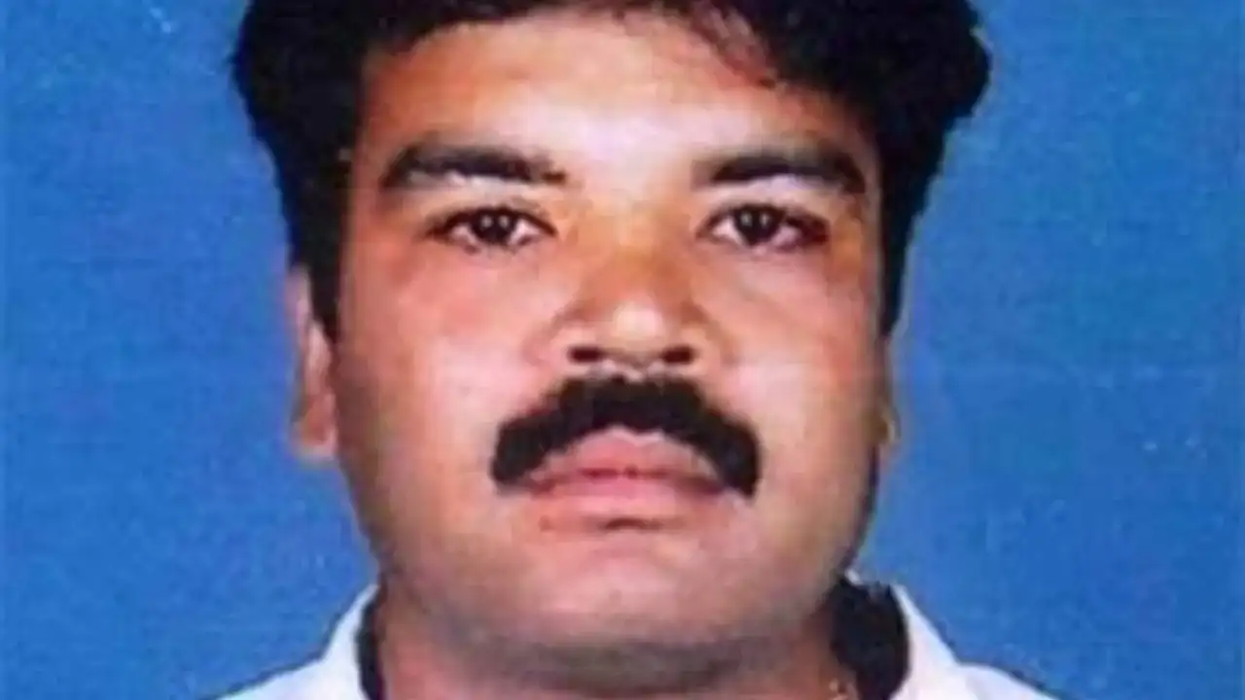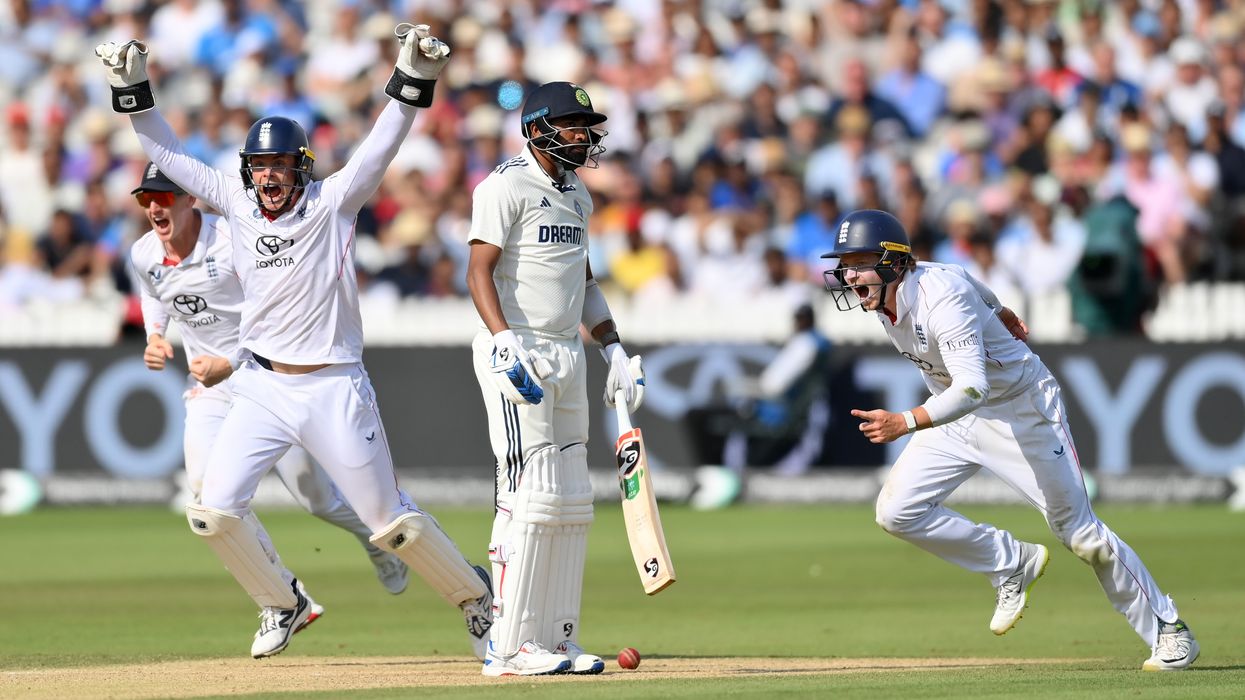BANGLADESH's top court on Sunday (21) pared back contentious civil service hiring rules but failed to mollify university student leaders, whose demonstrations against the scheme sparked nationwide clashes that have killed 151 people.
What began as a protest against politicised admission quotas for sought-after government jobs snowballed this week into some of the worst unrest of prime minister Sheikh Hasina's tenure.
Soldiers are patrolling cities across Bangladesh after riot police failed to restore order, while a nationwide internet blackout since Thursday has drastically restricted the flow of information to the outside world.
The Supreme Court was due to decide next month on the legality of the recently reintroduced scheme that reserves more than half of government jobs for select applicants, but brought forward its verdict as the civil strife intensified.
It decided that a lower bench's order last month to reintroduce the scheme was "illegal", Bangladeshi Attorney General A M Amin Uddin has said.
Shah Monjurul Hoque, a lawyer involved in the case, said that the court had also asked protesting students "to return to class" after issuing its verdict.
The ruling curtailed the number of reserved jobs, from 56 per cent of all positions to seven per cent, but fell short of meeting protester demands.
It reserved five per cent of all government jobs for the children of "freedom fighters" from Bangladesh's 1971 liberation war against Pakistan, down from 30 per cent.
One per cent were reserved for tribal communities, and another one per cent for people with disabilities or identifying as third gender under Bangladeshi law.
The remaining 93 per cent of positions would be decided on merit, the court ruled.
The "freedom fighter" category in particular is a point of resentment for young graduates, with critics saying it is used to stack public jobs with loyalists to Hasina's ruling Awami League.
Students had called for the complete abolition of that category, along with other quotas for women and specific districts of the country.
"We welcome the Supreme Court verdict," a spokesman for Students Against Discrimination, the main group responsible for organising the protests, said on condition of anonymity.
"But we won't call off our protests until the government issues an order reflecting our demands."
Opponents accuse Hasina's government of bending the judiciary to its will, and the premier had already hinted to the public this week that the court would issue a ruling favourable to student demands.
Hasina, 76, has ruled the country since 2009 and won her fourth consecutive election in January after a vote without genuine opposition.
Her government is accused by rights groups of misusing state institutions to entrench its hold on power and stamp out dissent, including by the extrajudicial killing of opposition activists.
"It's not about the rights of the students anymore," business owner Hasibul Sheikh, 24, said at the scene of a Saturday (20) street protest, held in the capital Dhaka in defiance of a nationwide curfew.
"Our demand is one point now, and that's the resignation of the government."
With some 18 million young people in Bangladesh out of work, according to government figures, the quota scheme's reintroduction deeply upset graduates facing an acute jobs crisis.
Hasina inflamed tensions this month by likening protesters to the Bangladeshis who had collaborated with Pakistan during the country's independence war.
"Rather than try to address the protesters' grievances, the government's actions have made the situation worse," said Crisis Group's Asia director Pierre Prakash.
Since Tuesday (16), at least 151 people, including several police officers, have been killed in clashes around the country, according to an AFP count of victims reported by police and hospitals.
Police have arrested several members of the main opposition Bangladesh Nationalist Party (BNP) and Students Against Discrimination.
Bangladesh home minister Asaduzzaman Khan said that the curfew imposed on Saturday would continue "until the situation improves".
He said that in addition to the torching of government buildings and police posts by protesters, arson attacks had left Dhaka's metro rail network inoperable.
"They are carrying out destructive activities targeting the government," Khan said, blaming the BNP and the Islamist party Jamaat for stoking the violence.
The US State Department warned Americans not to travel to Bangladesh and said it would begin removing some diplomats and their families from the country due to the civil unrest.
(AFP)


















 All eyes on Donald Trump Jr and Bettina Anderson as their PDA grabs attention before Trump’s arrivalGetty Images
All eyes on Donald Trump Jr and Bettina Anderson as their PDA grabs attention before Trump’s arrivalGetty Images  Donald Trump Jr and girlfriend Bettina Anderson steal the spotlight with PDA at New Jersey airportGetty Images
Donald Trump Jr and girlfriend Bettina Anderson steal the spotlight with PDA at New Jersey airportGetty Images  Donald Trump Jr. and Bettina Anderson depart the White House to attend the Military ParadeGetty Images
Donald Trump Jr. and Bettina Anderson depart the White House to attend the Military ParadeGetty Images  Bettina Anderson and Donald Trump Jr spotted in a candid moment Getty Images
Bettina Anderson and Donald Trump Jr spotted in a candid moment Getty Images  Donald Trump Jr. with Bettina Anderson ahead of US President Donald Trump's addressGetty Images
Donald Trump Jr. with Bettina Anderson ahead of US President Donald Trump's addressGetty Images 
